- Tuesday, April 22, 2025
Chinese president Xi Jinping and Russian president Vladimir Putin will be two key leaders who will not be present at the G20 summit.
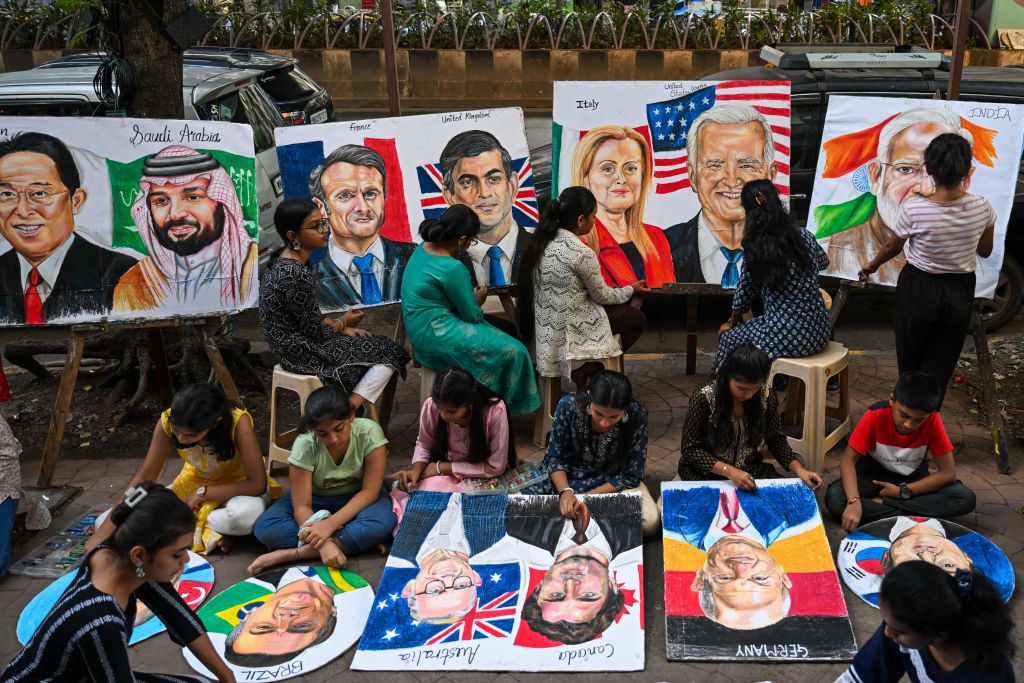
By: Shubham Ghosh
A NUMBER of top world leaders have started reaching India’s New Delhi, including heads of state and key international institutions for the G20 leaders’ summit scheduled for September 9 and 10.
While the powerful and influential leaders of the world’s top 19 economies and the European Union will hold talks on various issues, related to geopolitics, economics, Ukraine war and climate among others, they will also hold bilateral meetings.
Some key leaders such as Russian president Vladimir Putin and his Chinese counterpart Xi Jinping will not attend the summit and will be represented instead by foreign minister Sergey Lavrova and premier Li Qiang, respectively.
Here is a look at some of the top names attending the summit and some that will not:
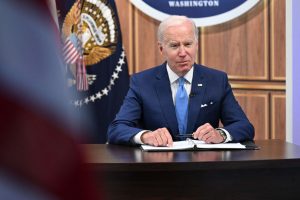
US president Joe Biden who confirmed on Friday (8) that he was on his way to New Delhi for the summit. During his first visit to India as the president of the US, Biden is expected to discuss issues such as the war in Ukraine, clean energy transition, climate change, among others.
British prime minister Rishi Sunak who reached New Delhi on Friday on his first official trip to India after taking office in October last year. He is expected to take up the issue of the free trade agreement with India during his bilateral talks with Indian prime minister Narendra Modi.
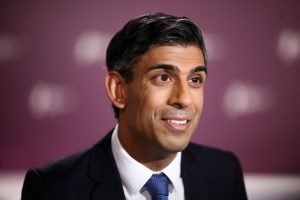
Japanese prime minister Fumio Kishida, who also reached New Delhi on Friday, was likely to lead criticism against Moscow over the Ukraine war. This is Kishida’s second visit to India this year after March.
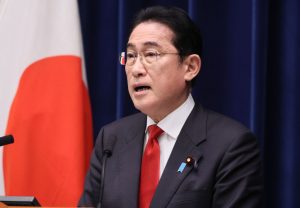
Justin Trudeau, the prime minister of Canada, who is currently in Indonesia, will also be in India for the G20 Summit, his office confirmed. He is also expected to utter strong words over the Ukraine war.
French president Emmanuel Macron, who is known to be a close friend of Modi, will attend the summit and is likely to hold bilateral talks with the Indian prime minister on the sidelines.
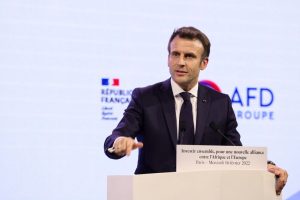
Australian prime minister Anthony Albanese will also attend the summit as part of a three-country tour that includes India, Indonesia, and the Philippines. This will be his second visit to India this year.
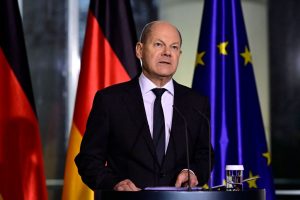
German Chancellor Olaf Scholz will be in New Delhi for the summit and said the summit remains key despite the absence of countries such as Russia and China.
South Korean president Yoon Suk Yeol is expected to urge leaders at the summit to respond to North Korea’s nuclear threats and missile provocations.
Saudi crown prince and prime minister Mohammed bin Salman will also be present at the summit and will hold a daylong state visit on September 11.
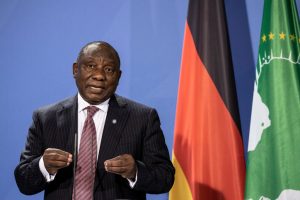
South African president Cyril Ramaphosa who recently chaired the BRICS summit in Johannesburg where Modi and Xi were present.
Turkish president Recep Tayyip Erdogan will participate in the meeting and is expected to speak on climate change.
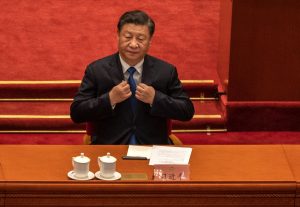
Chinese president Xi Jinping will be most conspicuous by his absence at the summit. This will be the first time that a Chinese president will miss a G20 leaders’ summit since the first edition was held in 2008. China confirmed Xi’s absence at the meeting a few days prior to the summit but did not cite any official reason.
Russian president Vladimir Putin will also not be present at the G20 summit, similar to the BRICS summit that he skipped. The International Criminal Court (ICC) has issued an arrest warrant for him accusing him of war crimes in Ukraine, something the Kremlin strongly denies. This implies Putin risks arrest when travelling abroad.
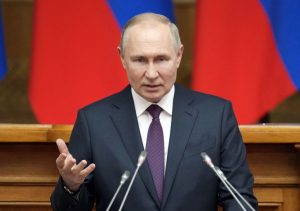
Spanish president Pedro Sanchez will be absent as he tested positive for Covid-19 on Thursday.
Andres Manuel Lopez Obrador, the president of Mexico, will not attend the event.
Besides the G20 members, India has also invited leaders of Bangladesh, the Netherlands, Nigeria, Egypt, Mauritius, Oman, Singapore, Spain and the United Arab Emirates.
The summit will also see the participation of top officials from international organisations such as the United Nations, the International Monetary Fund and the World Bank.